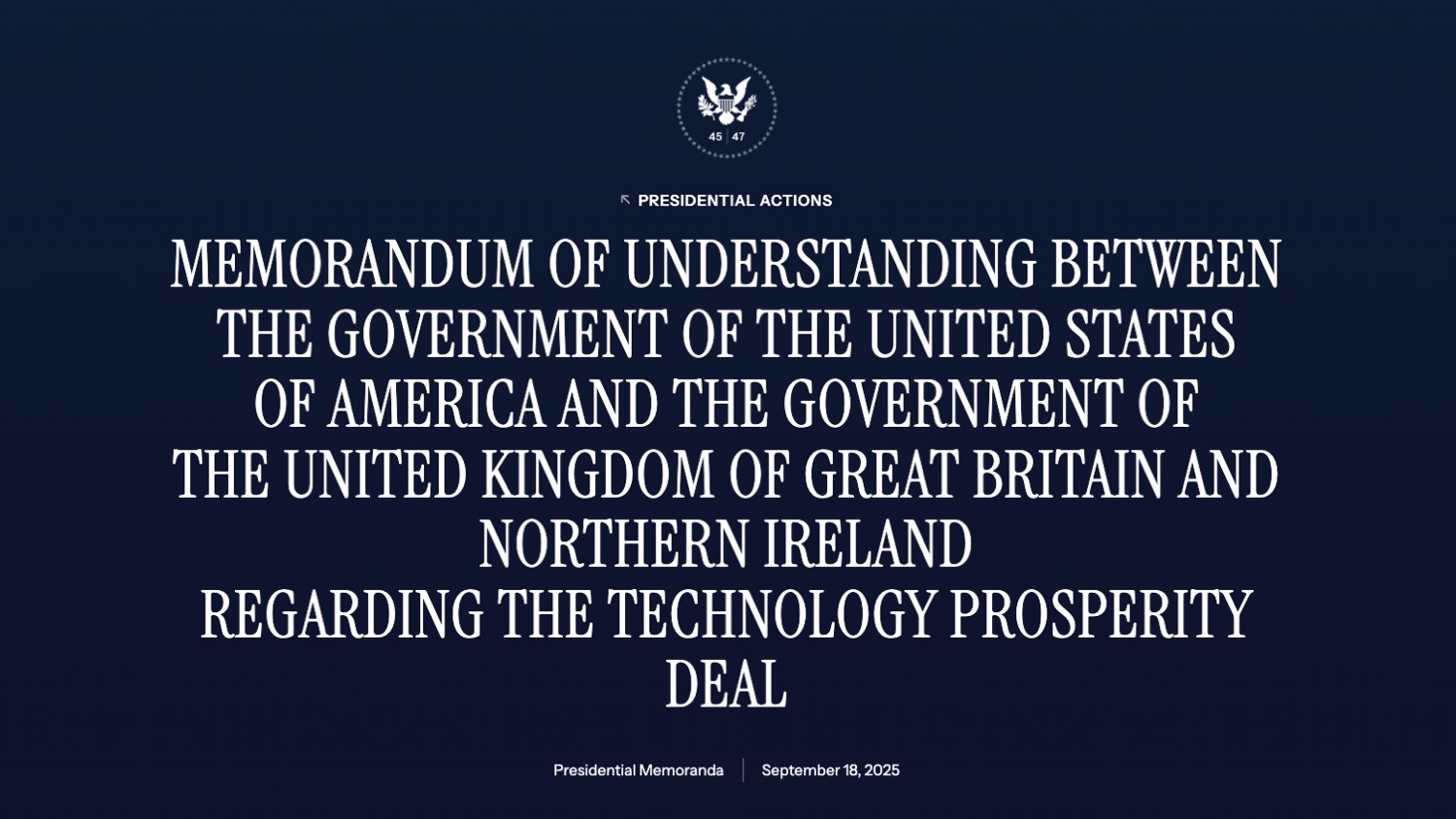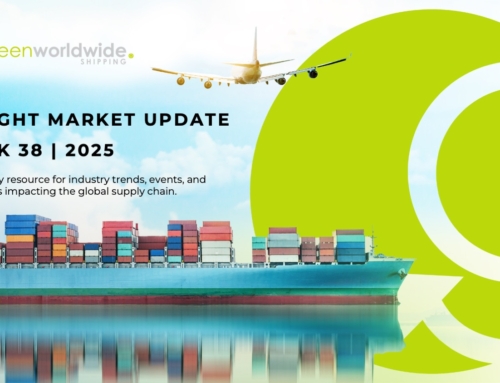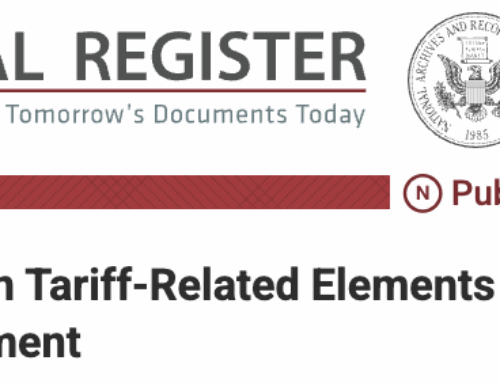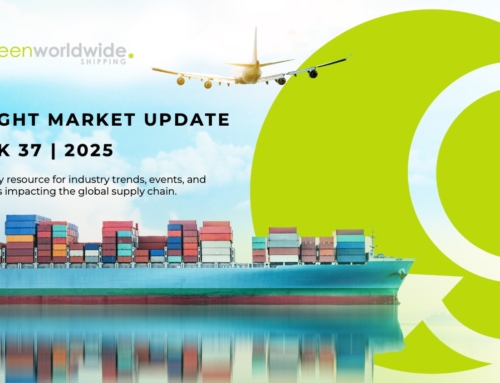The United States and the United Kingdom of Great Britain and Northern Ireland have signed a Memorandum of Understanding (MOU) to implement the technology provisions of the U.S.–UK Economic Prosperity Deal. The MOU sets joint priorities in artificial intelligence (AI), civil nuclear energy, quantum technologies, and secure infrastructure. While not legally binding, it establishes a framework for bilateral cooperation that is expected to shape licensing timelines, regulatory priorities, and the movement of high-value technology components between both countries.
WHEN WILL COMPANIES START TO SEE IMPACTS?
Implementation is expected to move quickly. A ministerial-level working group will convene within six months to guide early programs and set near-term priorities, with annual reviews to adjust initiatives as projects advance.
Importers and manufacturers are likely to see early regulatory and procurement signals in 2026, which may result in greater demand for project cargo planning and time-critical transport services.
HOW COULD AI INFRASTRUCTURE EXPANSION AFFECT SHIPMENTS?
The MOU commits both governments to providing shared compute resources, including high-performance computing capacity, such as servers, GPUs, and supercomputing infrastructure, developing new datasets, and establishing joint flagship research programs. These initiatives are likely to increase demand for secure and expedited transportation of servers, chips, and data center equipment. Technology manufacturing and distribution companies may want to plan for additional air freight capacity and enhance end-to-end shipment visibility to protect these high-value components.
WHAT ARE THE LOGISTICS CHALLENGES FOR NUCLEAR AND FUSION PROJECTS?
The MOU targets two-year reactor design reviews and independence from Russian nuclear fuel by 2028, which is expected to accelerate major nuclear projects. This will likely require multimodal transport of reactor modules and regulated fuels, along with secure permitting and compliance coordination across multiple jurisdictions.
WHAT WILL QUANTUM COLLABORATION MEAN FOR SUPPLY NETWORKS?
Planned quantum programs will involve benchmarking initiatives, code challenges, and deployment of sensing technologies. These efforts may drive demand for careful transport of cryogenic systems, processors, and sensors. These components require precise handling, climate control, and secure routing. Compliance managers should monitor for updates to export controls as quantum technologies approach commercial scale.
WHAT SHOULD IMPORTERS AND MANUFACTURERS DO NOW?
The Technology Prosperity Deal MOU signals closer U.S.–UK coordination in high-tech sectors, a shift that is likely to increase the volume of technology trade under regulatory oversight.
Companies may want to:
- Monitor CBP, BIS, and UK regulatory announcements for new classifications and licensing requirements.
- Evaluate FTZ and bonded warehouse strategies to preserve duty-deferral options for high-value components.
- Strengthen cybersecurity and research security programs to align with the MOU’s emphasis on protecting critical technologies.
- Engage logistics partners early to secure capacity and compliance support for sensitive, high-value shipments.
By planning ahead, importers can position their organizations to respond quickly as bilateral programs generate new requirements for the secure, compliant movement of advanced technologies.
Stay up-to-date on freight news with Green’s Weekly Freight Market Update by following us on LinkedIn. For continuous updates, make sure to check out our website at greenworldwide.com.






